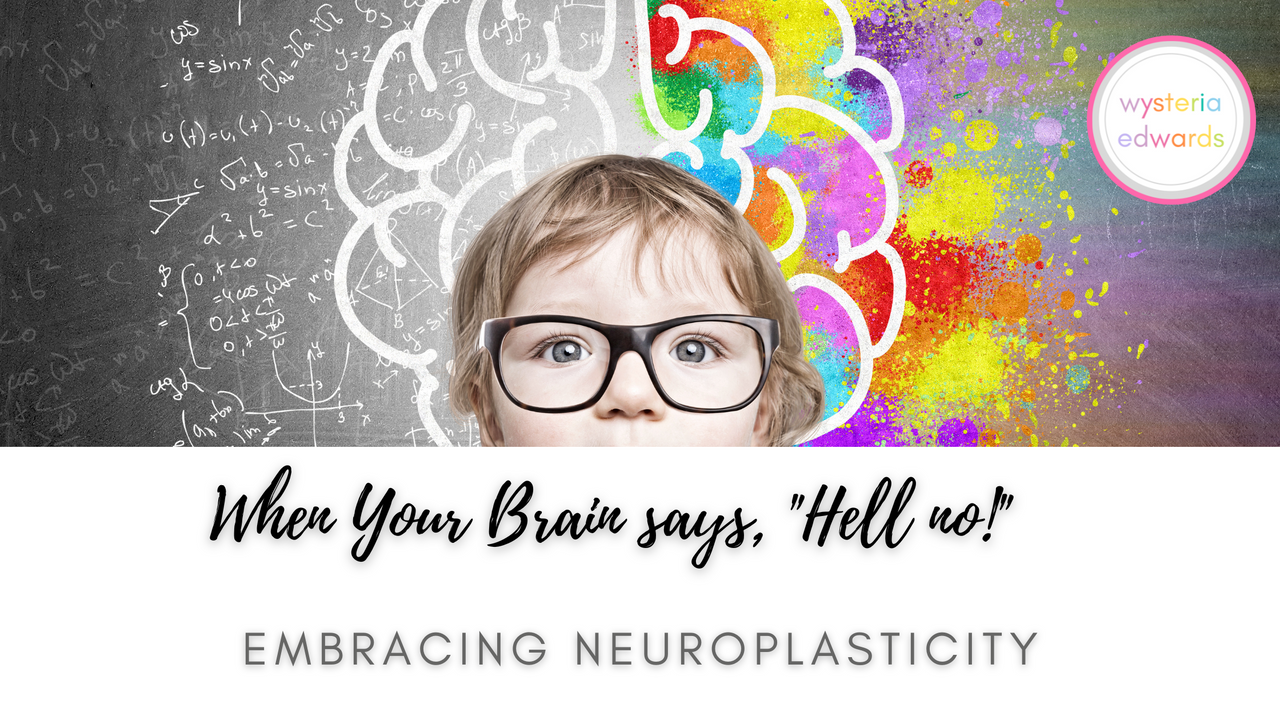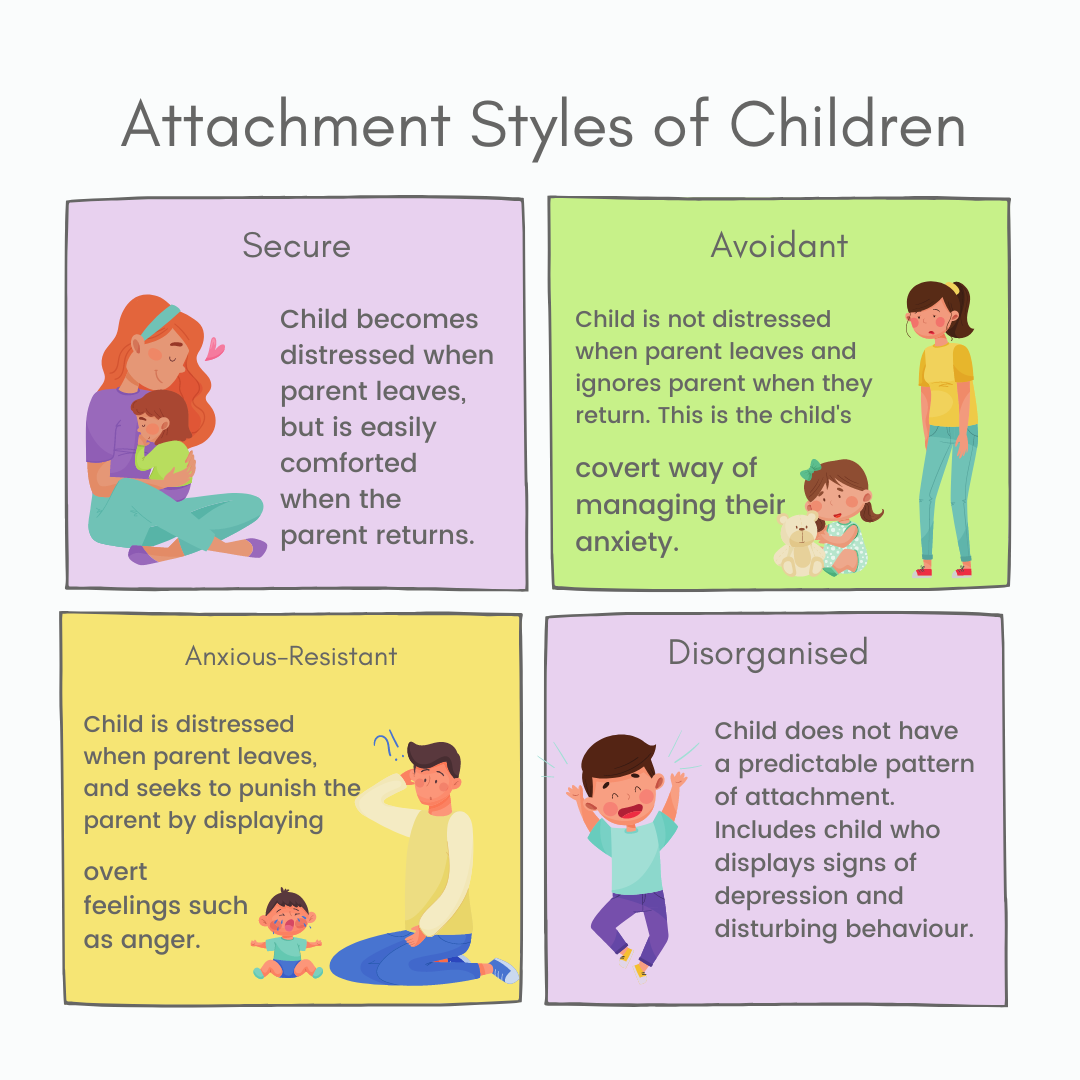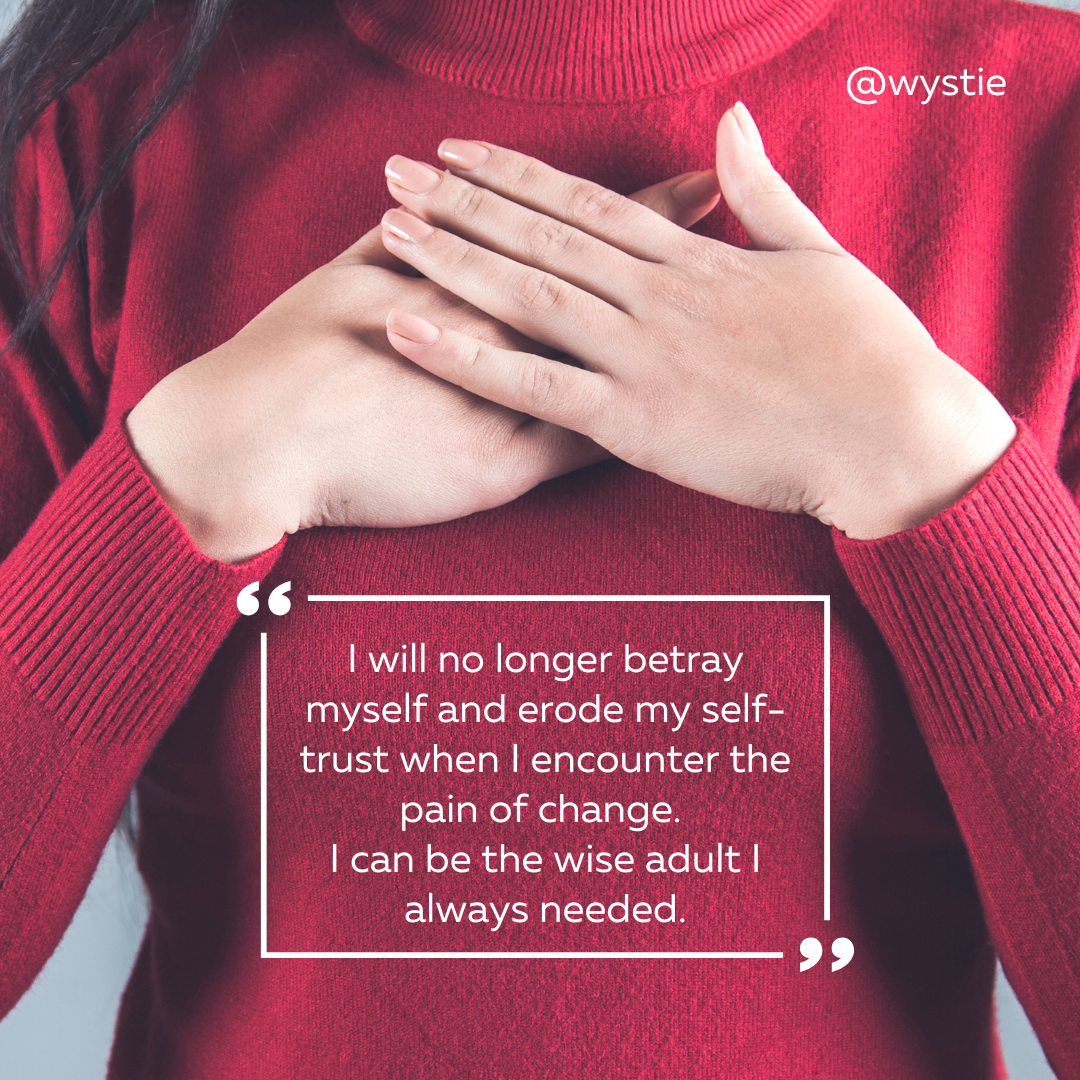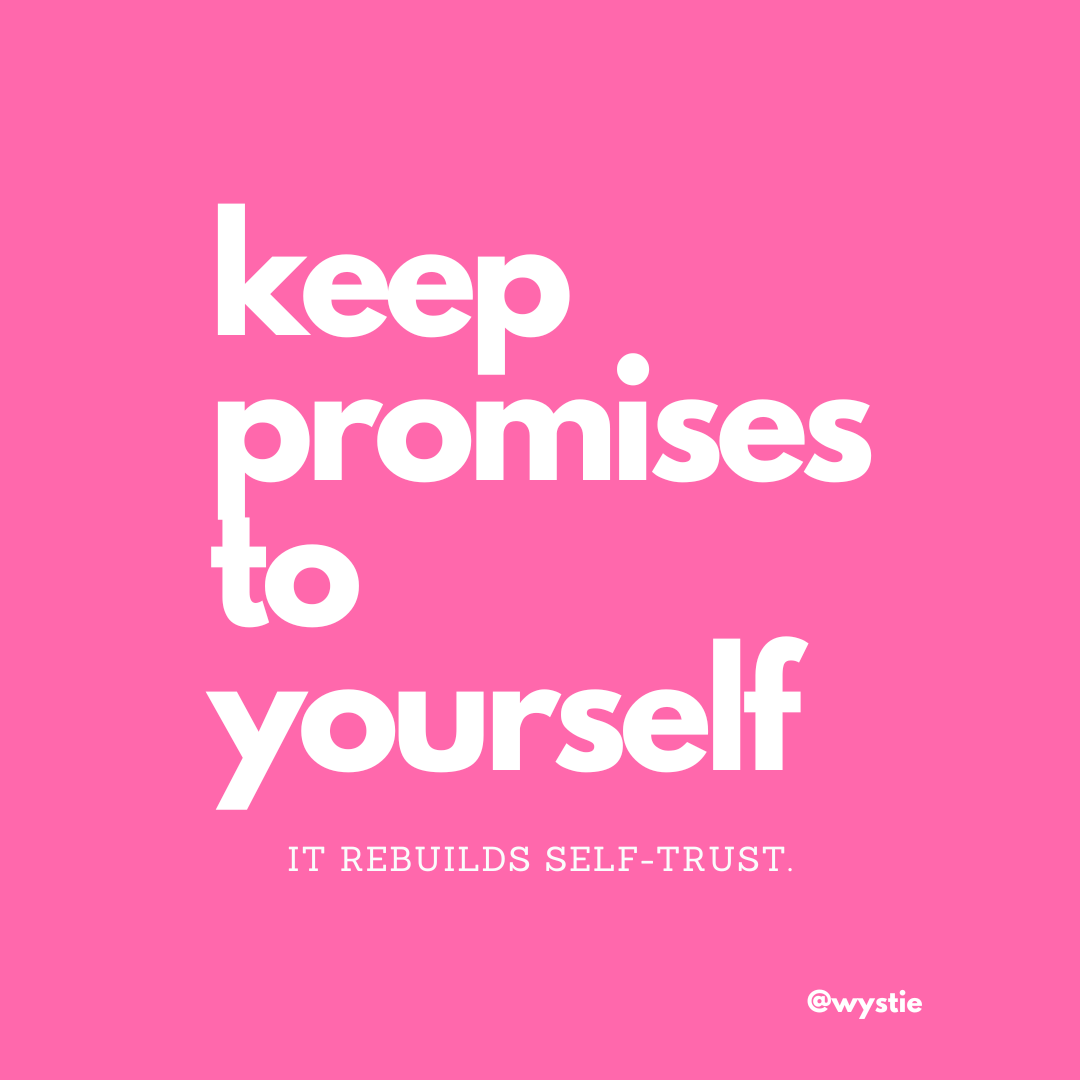When Your Brain says, "Hell no!" (Embracing Neuroplasticity)
Jan 06, 2023
"Am I Loved?"
All human beings are wired to connect neurologically. We are social creatures who crave interactions and belonging. We need to KNOW we are loved.
But what happens when our relationship with trust (attachment) is broken at a young age?
We develop insecure attachments.

Our relationship with our primary caregiver affects our brain more than any other
relationship.
Here's a quick look at the parenting styles:
- Consistent, quick responses that calmed and soothed= secure attachment
- Hot and cold responses, often distracted by their own emotional pain= ambivalent (anxious) attachment
- Transactional, dismissive parenting= avoidant attachment
- Terrifying or when their caregiver is terrorized= disorganized attachment
Our attachment styles follow us throughout life.
I am in recovery from ambivalent (anxious) attachment. When I chose to engage my stories of harm and heartache, it took years of consistent, hard work with a trained professional to gain secure attachment.
Neuro-what?"
Neuroplasticity refers to structural and functional changes in the brain that happen as a result of new experiences. Because of the plasticity of the brain, also referred to as neuroplasticity, the brain can “rewire” and “re-organize” itself after brain damage as new connections are formed and neural pathways to damaged brain areas are terminated. (1)

Our Brains Don't Want Us to Change
Did you read that right? Yes. Our brains are trying to keep us safe. Thus, any conditioned habits will feel safer for our brains than something new.
This is why when an addict relapses, they find "comfort" in their vice. At least they know what to expect.
Our brain's primary function is to keep us safe and alive.
Have you ever heard the saying, "Change is loss?"
Exactly.
It's unpredictable, uncertain, and (to our brains/nervous systems) dangerous.
Each time we consistently participate in a habit and ritual, it's as though we are paving and strengthening that road (neural pathway) in our brains.
In her new work, How to Meet Yourself, author Dr. Nicole LePera says,
Creating new neural pathways requires an immense amount of mental energy...The unknown or uncertain feels threatening on a deep subconscious level, driving the fear and discomfort many of us experience around loss.
She also urges us to re-think "failing" as simply hitting our wall of resistance within our subconscious. When we learn how to sit within the discomfort (name it, ask it questions, and witness what it needs to say to us), we experience real breakthroughs.

The Key is Consistency
Consistent, unrelenting resolve is needed to overcome that which is unresolved in your heart.
Try new things. It helps grow the brain and conditions us to take smaller steps toward larger goals.
Cognitive Behavior Therapy emphasizes the need to start small and celebrate our successes.
Anything worth achieving isn't going to be done overnight.
I remember seeing a quote that said, "If all you did was breathe today, well done."
It's about exposing the wounds to the light and cleaning them out.
It always hurts more before it heals.
Make Small Promises/Intentions to Yourself
Insecure attachments taught us that our voices weren't heard or significant. We must first repair the relationship we have with ourselves.
In LePera's workbook, I was reminded of the truth that each time we show up for ourselves, give voice to what is in our heart, take care of ourselves and reparent the child within as the "wise adult," we are transforming our self-trust.
We were not failures.
We were always enough.
Each small promise or intention we fulfill is deposited in our self-trust bank.
Slowly, we begin to see our value.

In what small ways can you begin to earn your trust and love?
I'd love to hear what you've decided.
Share this post on social media and spread the word about small intentions.
Cited
1. "Neuroplasticity." Psychology Today. Sussex Publishers, 2022. https://www.psychologytoday.com/us/basics/neuroplasticity.
2. LePera, Nicole. "How to Meet Your Self: The Workbook for Self-Discovery, December 2022.

